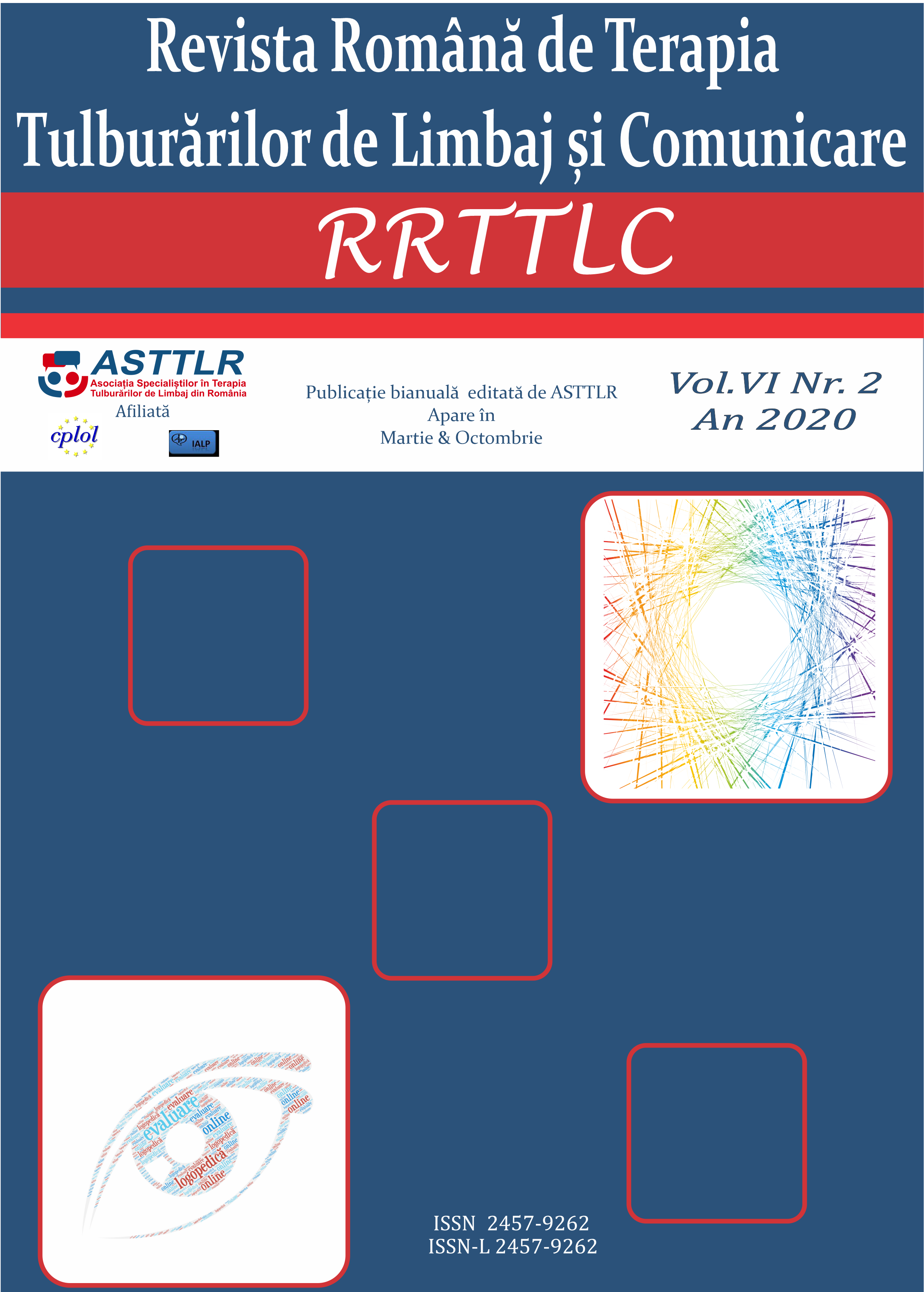Efectele jocului educațional asupra dezvoltării cognitive și non-cognitive la elevii cu nevoi speciale din școlile incluzive
The effects of the game on the cognitive and non-cognitive development in students with special educational needs in inclusive schools
Author(s): Nicoleta LupuSubject(s): School education, State/Government and Education, Cognitive Psychology, Inclusive Education / Inclusion
Published by: Asociația Specialiștilor în Terapia Tulburărilor de Limbaj din România
Keywords: special educational needs; game; inclusion;
Summary/Abstract: The aim of this study, “The effects of the game on the cognitive and non-cognitive development in students with special educational needs in inclusive schools” is to present a model of good practice that will favour the inclusion of the students with special educational needs.Starting from this aim, the following assumptions are formulated: 1) The students with special educational needs in inclusive classes who will participate in the training through games will achieve significantly better results in the recovery process than those who will not participate in the training through game, 2) The students with special educational needs in inclusive classes who will participate in the computer-based training will have significantly better results in the recovery process compared to the students who will participate in the training through classic game.The non-parametric test "Mann-Whitney" for independent samples shows that there are statistically significant differences between the experimental group and the control group in the post-test phase (p <.05) for most development areas tested: communication and vocabulary, reading, writing, grammar, spatial orientation, temporal orientation, cognitive behaviour, image memory, pre-numbering, addition, subtraction, behaviour. There were no statistically significant differences between the two groups (p>.05) in the following areas of development: motor development, body schema, graphics rendering, color, shape, numerical memory, numbering. The non-parametric test for Mann-Whitney independent samples shows that there are no significant differences between the classic game and computer games (p>.05), both of them bringing benefits in the recovery process of the students with special educational needs. An explanation might be the permanent presence of the computer in children's lives, which makes them lose interest in this method.
Journal: Revista Română de Terapia Tulburărilor de Limbaj şi Comunicare
- Issue Year: VI/2020
- Issue No: 2
- Page Range: 3-23
- Page Count: 21
- Language: Romanian

